sustainability
Rail Waiting Structures operates a ISO 14001:2015 Environmental Management System.
We are committed to carbon reduction within our business with targeted net zero by 2030 and a build back greener agenda within the business.
Our focus is on:
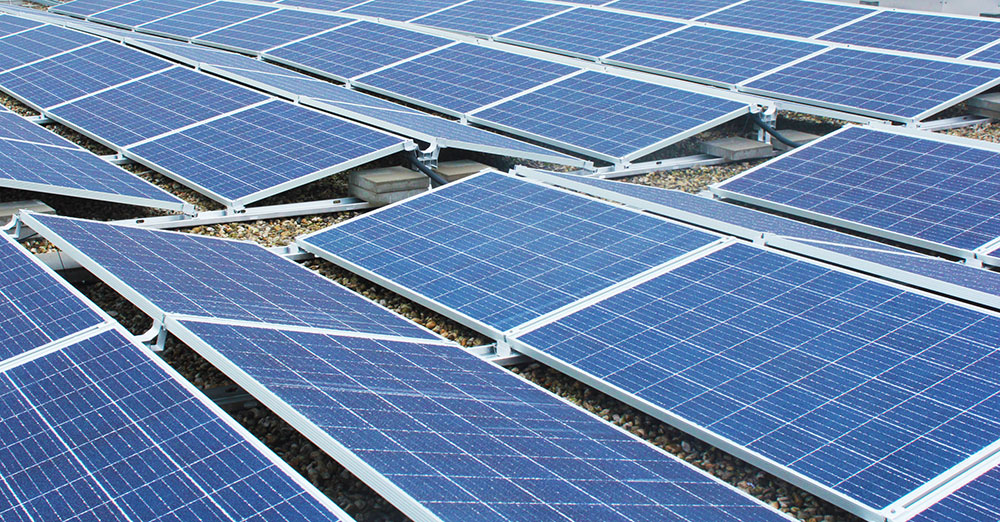
- Power reduction, but also power generation. We’ve completed the feasibility study to install solar power across the buildings of our 17 acre head office location and expect to generate enough power to sustain our own power needs for production with surplus power back to grid during 2025.
- Modal shift in transport to use of public transport within the business where possible, but also transition to electric vehicles as the technology becomes available around the range of vehicles used within the fleet
- Continued investment in more efficient and low power machinery for our production processes
- Materials selection and design to use low impact materials with good life cycle analysis, materials utilisation and component reduction at the heart of the design process
- Waste reduction techniques by engaging with suppliers and partners to identify and reduce waste streams within the business
- Educating and upskilling staff to make the right decisions to keep pushing our carbon
messaging. Regular communication with staff and access to Planet Mark guidance and tools - Continued technology research and development for green initiatives to offer our customers and assist with their carbon reduction. These include digital technology for communication, renewables and power reduction within our products.

- Power reduction, but also power generation. We’ve completed the feasibility study to install solar power across the buildings of our 17 acre head office location and expect to generate enough power to sustain our own power needs for production with surplus power back to grid during 2025.
- Modal shift in transport to use of public transport within the business where possible, but also transition to electric vehicles as the technology becomes available around the range of vehicles used within the fleet
- Continued investment in more efficient and low power machinery for our production processes
- Materials selection and design to use low impact materials with good life cycle analysis, materials utilisation and component reduction at the heart of the design process
- Waste reduction techniques by engaging with suppliers and partners to identify and reduce waste streams within the business
- Educating and upskilling staff to make the right decisions to keep pushing our carbon
messaging. Regular communication with staff and access to Planet Mark guidance and tools - Continued technology research and development for green initiatives to offer our customers and assist with their carbon reduction. These include digital technology for communication, renewables and power reduction within our products.
Our approach
Each of our products is made possible by natural resources. We’re committed to sourcing, using, and recycling the materials that we rely on in a way that meets our high standards for labour, human rights, and environmental stewardship.
In the future we envision, our products are made solely from responsibly sourced recycled and renewable materials — to our same rigorous standards of quality and durability. We aim to build durable, long-lasting products that make the best use of the resources required to make them. And recycling approaches and innovations make this achievable, helping us recover and use the materials that we rely on in our products to their full potential.

Low-carbon design
Each of our products represents an opportunity to reduce our carbon footprint — even small changes can yield significant results. Our carbon footprint helps us identify opportunities to reduce the carbon intensity of our product designs.
We prioritize the materials and components that account for significant portions of our carbon emissions. This means that the choices we make product by product can scale toward reducing our overall footprint. These priorities inform our work to design for material efficiency and increased use of recycled and renewable materials.
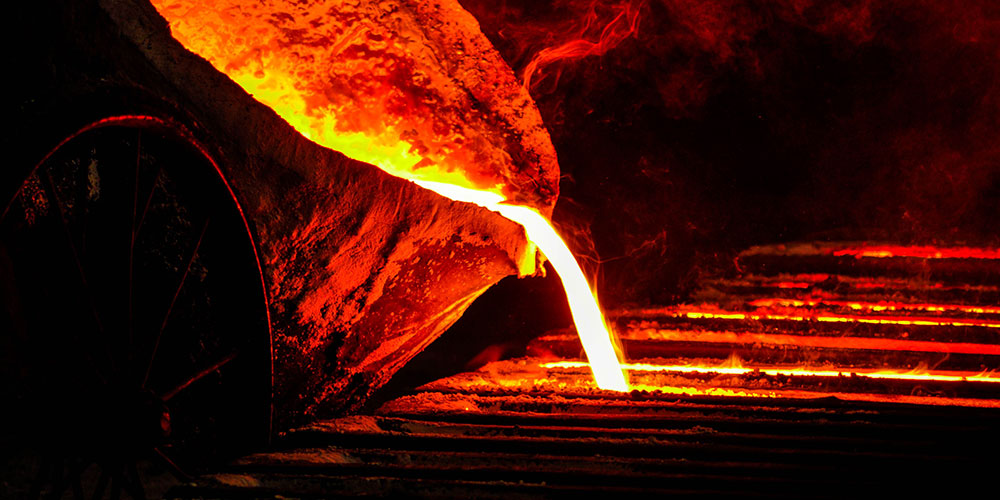
Materials
Aluminium
Steel
Steel is the most recycled material in the world and about 40 percent of all steel produced is created through recycling. Steel is used mainly in the structure of our products where strength is needed. We weld steel where possible to reduce the number of fixings, helping disassembly and recycling.
Glass
Glass is 100% endlessly recyclable. In the UK, most glazing, refurbishment and demolition glass waste currently ends up as aggregate – if it manages to avoid landfill. By managing the removal of old bus shelters, we ensure that the glass used in our shelters is recycled after use.
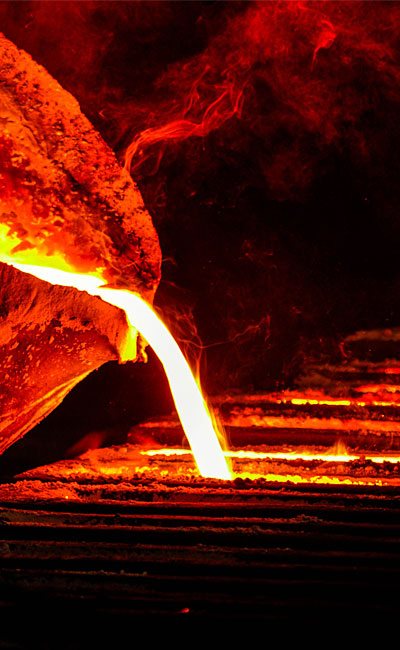
Plastics
Over time we have been reducing the amount of plastics used in our products and utilising more sustainable alternatives that match or exceed the characteristics of plastic. We are also working to reduce the amount of plastics used in packaging our products and recycling where possible.
Product longevity
Our products are designed to last. Product longevity not only makes for a better customer experience but also is an important aspect of conserving Earth’s finite resources and meeting our net zero 2030 goal. Our approach combines products designed to endure the rigors of everyday use and, when needed, high quality repair and maintenance services.
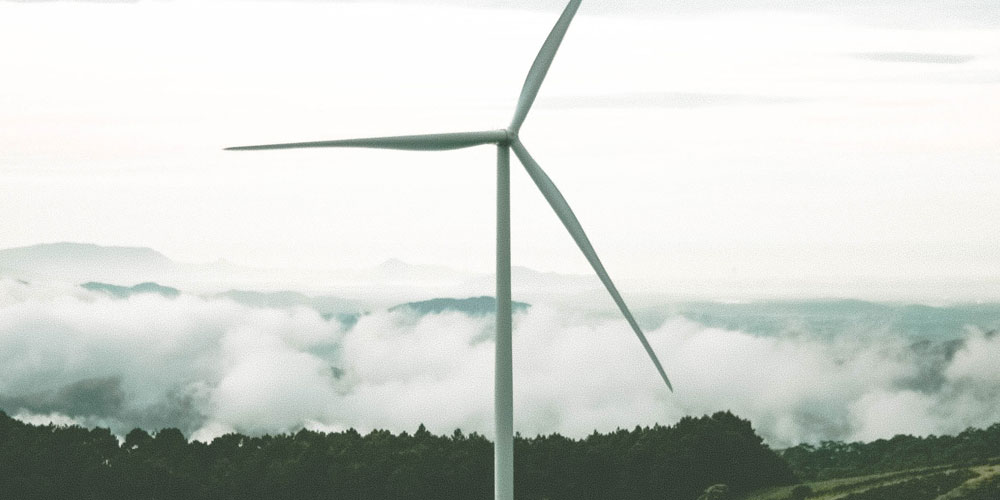
Energy efficiency
Our energy efficiency goals extend well beyond our products. We’re focused on using less energy across our operations, beginning with how we design, operate, and maintain our facilities. And we continue these same efforts into our supply chain. We view our energy use holistically, from the point of design to the point of manufacture.
Clean electricity
We’re at a pivotal moment in addressing climate change. Renewable energy is poised to replace fossil fuels as the future of electricity. Its adoption means cleaner air and lower carbon emissions. We plan to generate 100 percent renewable electricity for our entire manufacturing facility.
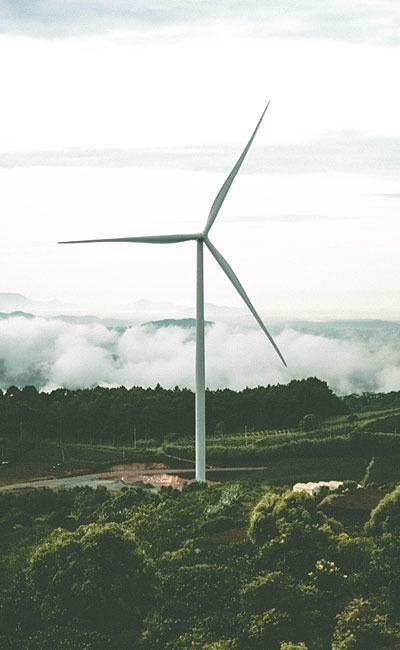
Social Responsibilities
Our staff are paid above the living wage.
We support a range of charities and good causes throughout different areas of the business.
• Sponsorship of local and regional sports social clubs
• Sponsorship of boxing events
• Sponsorship of hospices
• Cancer research
We promote and actively encourage all our staff to participate in fund raising events and charities across all business centres.


We’re furthering our sustainability commitment by becoming Planet Mark certified through measuring and reducing our carbon footprint.
Planet Mark is an internationally recognised sustainability certification for every type of organisation, for real estate and for products. A Planet Mark certification recognises continuous improvement, encourages action and builds an empowered community of like-minded individuals who make a world of difference.
In this crucial Decade of Action, we want to ensure that we are a force for good: positively transforming society and the planet by measuring our own impact on the environment.
Over the next year we will be working towards reducing our carbon emissions, and we want to share this journey with our community to encourage others to join us.
Through Planet Mark we are protecting an area of endangered rainforest thanks to Cool Earth; a charity working alongside rainforest communities to halt deforestation. Our pledge through Cool Earth goes directly towards supporting the Asháninka community in Central Peru.
Through our commitment to Planet Mark we are also helping the Eden Project – an educational charity building connections with each other and the living world, exploring how we can work together towards a better future.
Each and every one of you plays an important role in our sustainability commitments, and Planet Mark will help to embed sustainability in our business culture so that we can make continual progress.
We look forward to sharing our sustainability achievements with the wider community. We encourage you to get in touch if you have any questions, suggestions or would like to get involved.

